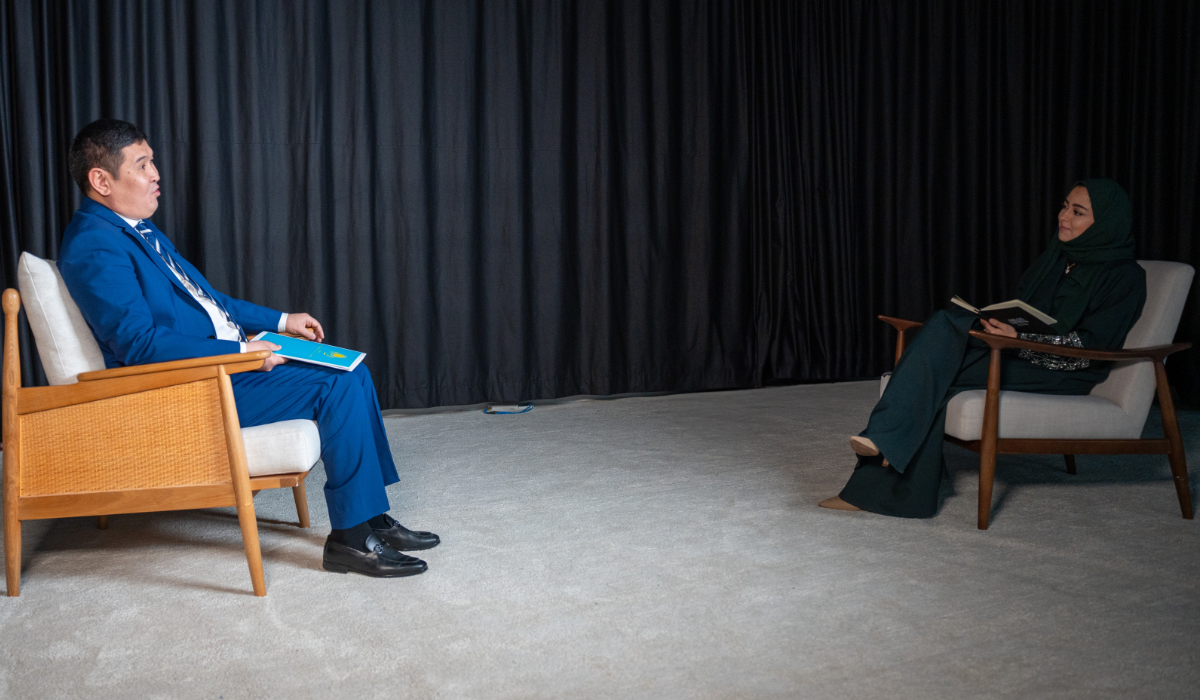RIYADH: The King Faisal Center for Research and Islamic Studies recently signed an agreement with the UN Educational, Scientific and Cultural Organization to establish the UNESCO Chair in Translating Cultures.
The agreement was signed by the secretary-general of the center, Princess Maha bint Mohammed Al-Faisal, and the director general of UNESCO, Audrey Azoulay.
The chair will be established with the support of the Literature, Publishing and Translation Commission of Saudi Arabia and will be directed by Dr. Moneera Al-Ghadeer.
It will help meet a growing need for interdisciplinary research in the humanities and social sciences, inclusive and equitable education, and cultural diversity. Its thematic concerns will pave the way for innovative research in translating cultures by supporting collaborations between scholars specializing in translation, culture, intangible heritage, the humanities, and artificial intelligence at the local, regional and international levels.
Al-Ghadeer said: “The UNESCO Chair in Translating Cultures is initiated with generous support of the Literature, Publishing and Translation Commission, striving to go at the same speed as the flourishing translation movement in the Kingdom of Saudi Arabia.
“The UNESCO Chair in Translating Cultures recalls translation movements that took place in the multilingual and multicultural societies of the Umayyad and Abbasid eras, as well as the Andalusian era. These civilizational periods oversaw some of the greatest translation projects in history, namely the translation of cultural and scientific works from the ancient languages of the East into Arabic.”
Al-Ghadeer added: “Cultural relations between the countries of the South also crystallized in this early period, through which knowledge was transferred from the Greeks to the Arabs and then returned to Europe, contributing to the Renaissance and the Age of Enlightenment. We can say that this intellectual lineage of translation has changed the world in fundamental ways.”
To formulate a future vision, the UNESCO chair will draw on ancient Arab civilizational heritage, Al-Ghadeer said. The chair views translating cultures as an ongoing process that includes translation, transmission, communication within and between cultures, and the dissemination of knowledge, she added.
“It will reconsider knowledge transformations as well as translation strategies and technology in the 21st century. By adopting a global rather than Eurocentric perspective, the UNESCO Chair in Translating Cultures will embrace theoretical and philosophical thinking from an array of cultural perspectives, in addition to geo-linguistic diversity.”
A Translating Cultures Lab has also been established. The entity will produce comparative theoretical research in the translation of cultures, with a focus on Saudi Arabia and the Arab world.
“It will likewise explore cultural interactions between countries of the Global South in relation to the chair’s themes and its different languages,” Al-Ghadeer said.






























